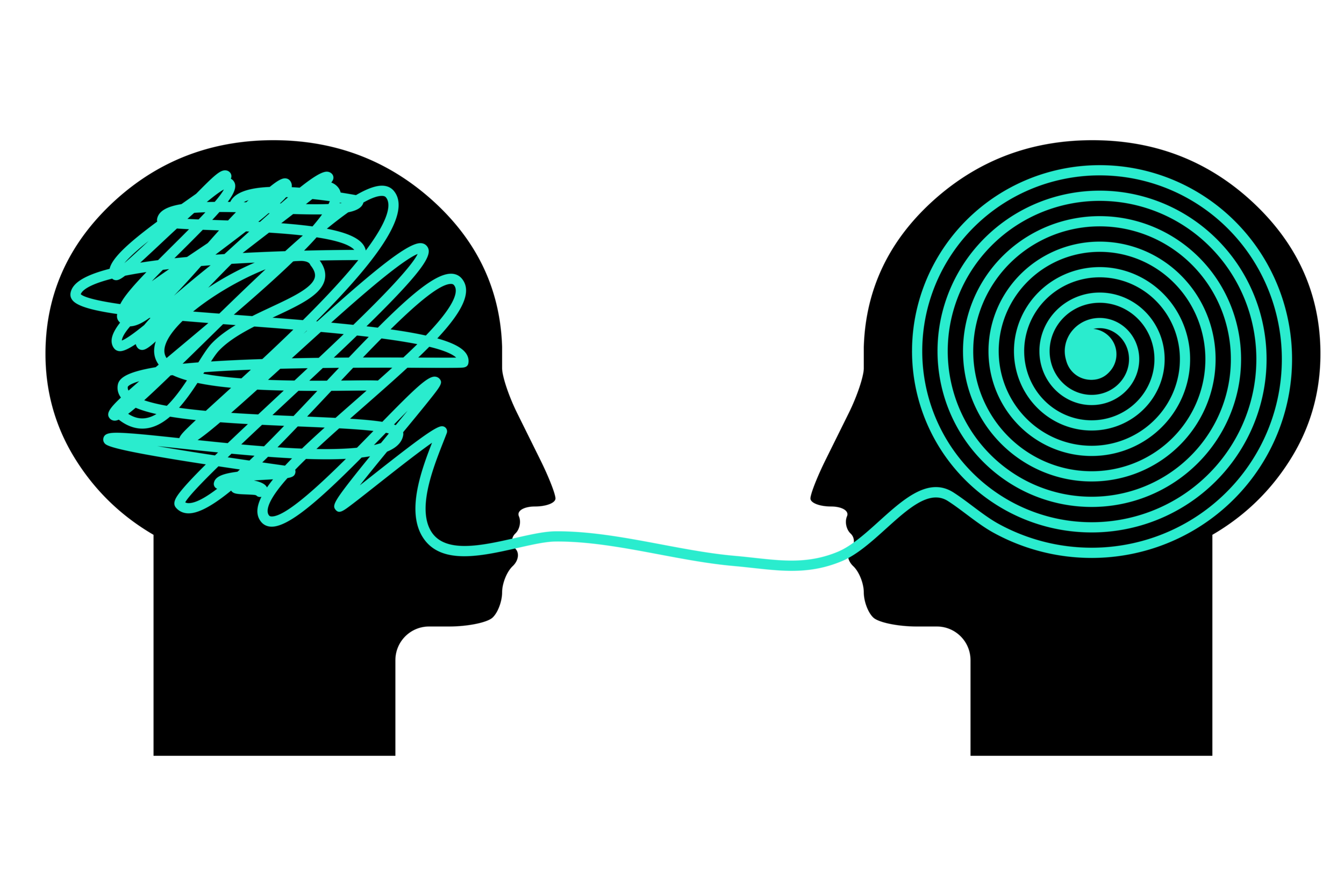
Read and Reflect
My articles reflect my opinions, nonetheless I try to stay open minded and I stimulate you to do your own thinking.
Critical Thinking: Your Weapon Against News Bias And Propaganda
Humans are self-deceiving animals. We can rationalize anything we want and believe anything, and these believes can even lead to genocides. Something is true because we always believed it, because we want to believe it, or because people around us believe it. This leads to errors in our thinking, biases, unground fears, and misinterpretation, just to name a few. To defend ourselves for these kind of errors, there is a weapon called critical thinking. In this article, I will describe critical thinking and how you can develop it.
Free Will an Illusion? Quantum Mechanics Might Have The Answer, You Decide… Part II: Free Will Is NOT an Illusion
Modern science, is a mixture of deterministic and stochastic theories. Quantum mechanics predicts events only in terms of probabilities, casting doubt on whether the universe is deterministic at all. The opposite of determinism is some kind of indeterminism (otherwise called non-determinism) or randomness. In general, we experience our lives as having free will. The future is not yet determined, and we can influence our career, our lives, our future. If we did not acknowledge free will, the whole self-help business would go broke, and the concept of democracy would also be meaningless… The fact that we experience ourselves as having free will is not proof of having free will. It still could be a perfect illusion. So let´s look if we can find evidence to make more substantial statements about free will.
Free Will an Illusion? Quantum Mechanics Might Have The Answer, You Decide… Part I: Free Will is an Illusion
Most actions commanded by our brain are not deliberated at all, but we have the impression that some of our actions are made by free will. Considering that a neuron in our brain just acts on a stimulus, it is hard to prove that we have free will. Our brain is just reacting to stimuli, and therefore we do the actions we do. Sitting in the chair, we can have pleasant fantasies about how we are free to travel, but the only thing which gets us out of the chair is when we have to go to the toilet.
Memento Mori: How To Live With Death
Memento mori, what a way to start a story. The meaning of memento mori is remember that you must die. What’s the point of life if you don’t think about death? What distinguishes us from animals is our consciousness. This is a great good, but it also comes with the burden of knowing about death. To make it even worse, it is the only certainty in life; we will die. In most religions and cultures, death plays a specific role, but there are differences in how death is integrated into our lives.
What Can a Pessimist Teach You About Happiness?
The safest way of not being very miserable is not to expect to be very happy. (Schopenhauer) It is no use to ask an optimistic person how to be happy. It comes to them easily, they see the beauty of life, and they always see the silver lining around the clouds. They will tell you, just be happy! But unfortunately, it doesn´t work this way for everybody. So who should we ask how to be happy? Maybe we should try a pessimist, and I was thinking about Schopenhauer.
How To Become Rich Quickly, And No, It Is Not What You Think
While in the early days, we merely compared our riches to our neighbors, nowadays we have social media, which expands our social network significantly. This has advantages and, of course, disadvantages. Earlier we only had to see what car the neighbor bought and where they went on holidays, now we have a large group of peers, showing their pictures of their posh car (which, by the way, could be just rented for the photoshoot) or their fantastic holidays. This can easily lead to a trap in which we don´t feel satisfaction, and we wish for more. Or even worse, we think more will make us happier. There is a problem with that; if you are not content with your life now, the chances are high that you will also not be satisfied with your life when you are more prosperous.
A Series About Time: Reality or an Illusion? Part III: Philosophical Point of View
In philosophy, time was questioned throughout the centuries; what time is and if it is real or not. There are different theories about time and the universe. St. Augustine of Hippo asks himself, `What then is time? If no one asks me, I know: if I wish to explain it to one that asketh, I know not.´ He begins to define time by what it is not rather than what it is. Augustine ends up calling time a `distention´ of the mind by which we simultaneously grasp the past in memory, the present by attention, and the future by expectation.






